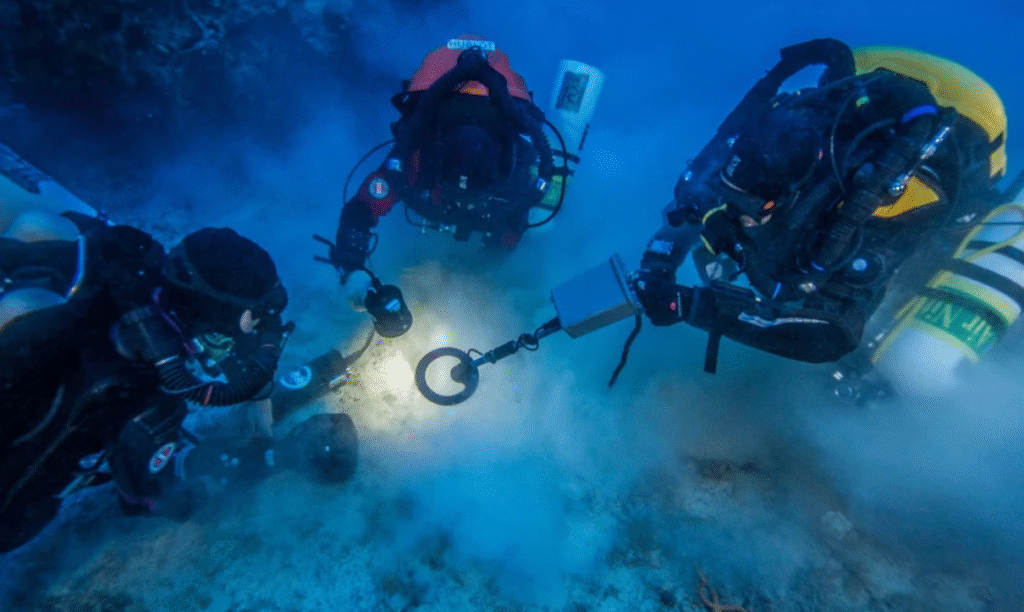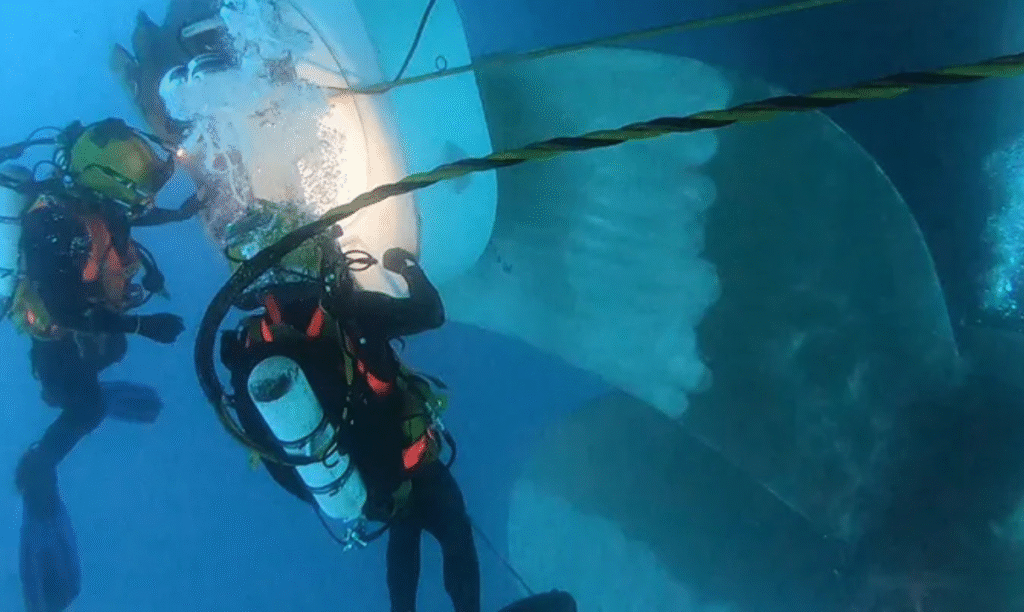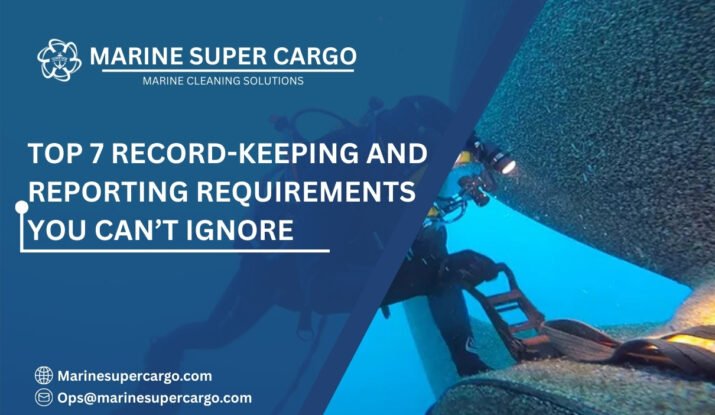Every ship tells a story. Some stories are written in the waves it cuts across, while others are etched in the thick logbooks, reports, certificates, and digital files that form the vessel’s operational history. If you are a ship owner, operator, or manager, you already know that record-keeping and reporting requirements in shipping are not “just paperwork”—they are the backbone of compliance, safety, and operational efficiency.
In fact, adhering to proper record-keeping and reporting requirements ensures that inspections, maintenance, and operational activities are traceable, verifiable, and aligned with both flag state regulations and international maritime standards. This traceability protects against fines, penalties, or even operational delays, while also creating a clear audit trail for insurers, regulators, and port authorities.
In this guide, we’ll unpack why meticulous record-keeping and reporting requirements are more than regulatory tick-boxes. They act as shields against legal and financial risks, provide tools for safer and more efficient operations, and serve as a passport to sustainable, future-ready shipping.
Beyond compliance, robust record-keeping and reporting requirements foster operational transparency, allowing shipowners and managers to make informed decisions based on accurate historical data. From tracking hull maintenance and cleaning schedules to monitoring fuel efficiency and emissions, these records are essential for optimizing vessel performance while maintaining environmental responsibility.
Why Record-Keeping and Reporting Requirements Matter
Think of your ship as a floating factory. Just like a factory needs precise logs for safety inspections, financial audits, and environmental checks, ships demand accurate records to prove compliance with international laws. These requirements are not arbitrary—most are drawn up by the International Maritime Organization (IMO), environmental laws like MARPOL, and safety standards from groups like IMCA.
Without compliance:
- You risk hefty fines and detentions.
- Insurance claims can be rejected.
- Your reputation may take a nosedive in global trade networks.
With compliance:
- You get smooth port clearances.
- Enhanced ship efficiency and reduced costs.
- Confidence in audits, inspections, and crew management.
Record-keeping and reporting requirements form the DNA of maritime trust.

The Core Principles of Record-Keeping and Reporting
To simplify, let’s break it down into three main principles:
- Accuracy – Entries must be true, updated in real time, and verifiable.
- Accessibility – Records should be organized so inspectors, auditors, or managers can easily access them.
- Accountability – Every entry must have a responsible officer or digital signature linked to it.
A simple analogy: If a ship’s voyage is a movie, record-keeping is the screenplay, and reporting is the trailer shown to regulators and stakeholders.
Key International Record-Keeping Obligations
Ship operations are governed by numerous international conventions that outline strict record-keeping and reporting requirements. Here are the main pillars:
- MARPOL (Marine Pollution Convention)
MARPOL requires ships to maintain oil, cargo, sewage, garbage, and ballast water logs. Missing or falsified entries can lead to crippling fines. - SOLAS (Safety of Life at Sea)
Covers certificates, safety drills, and navigational equipment testing logs. - ISM Code (International Safety Management)
Requires safety management records, incident reports, and crew training documentation. - MLC (Maritime Labour Convention)
Mandates records on working hours, conditions, and crew welfare. - Port Authority and Flag State Reporting
Vessels must submit compliance reports, including emissions data, repair logs, or ballast water discharge summaries, to flag states and port authorities (see authority: iaphworldports.org).
Every one of these frameworks feeds into the overarching record-keeping and reporting requirements that keep global shipping accountable.
⚓ Expert Underwater Hull Cleaning with Marine Super Cargo 🌊
— Marine Super Cargo (@Marinsupercargo) September 19, 2025
A clean hull means better performance, lower fuel use, and smoother voyages. Marine Super Cargo offers top Underwater Hull Cleaning to keep your vessel efficient, compliant, and ready for every operation. pic.twitter.com/sVKAUCytuS
Types of Ship Records You Must Maintain
Let’s make this practical. Here’s a breakdown of key ship records you must integrate into your compliance strategy:
- Technical & Operational Logs
- Engine room logs
- Navigation records
- Hull cleaning and maintenance reports
- Environmental Records
- Bunkering reports
- Garbage record books (as required by MARPOL)
- Ballast water discharge logs
- Safety and Incident Logs
- Safety drills documentation
- Near-miss and emergency reports
- Accident investigations
- Crew & Training Records
- Employment contracts
- Working/rest hours
- Training and certification logs (ISM Code compliance)
- Commercial and Financial Reports
- Charter party agreements
- Bills of lading
- Insurance documents
Together, these cover the backbone of record-keeping and reporting requirements for any well-managed vessel.
The Digital Revolution in Record-Keeping
Gone are the days of entirely handwritten records stuffed into steel cabinets. Today, electronic record-keeping systems are the industry standard.
These systems offer:
- Automated compliance checks.
- Real-time reporting to authorities.
- Cloud-based archives.
For example, many companies are moving towards Electronic Oil Record Books (e-ORB) approved by the IMO. Similarly, digital hull inspection logs align with sustainability efforts as they integrate with energy efficiency monitoring systems.
But make no mistake: regulators expect the same accuracy in electronic systems. A flawed digital entry carries the same consequences as an empty page in a paper logbook.
Challenges in Meeting Record-Keeping Requirements
Despite automation, ship operators still face hurdles:
- Data Overload – Ships generate terabytes of data, and filtering the “essential” regulatory portion is tricky.
- Human Error – Fatigue or lack of training often leads to incorrect entries.
- Port State Control Inspections – Misplaced or inconsistent records can land you in hot water quickly.
- Cross-Jurisdiction Variations – Different port authorities interpret reporting differently, creating compliance confusion.
These challenges make disciplined record-keeping and reporting requirements both a regulatory necessity and a competitive advantage.
Best Practices for Compliance
Imagine record-keeping and reporting as navigating a reef-filled harbor. You need a clear map to avoid grounding. Here are the essential best practices:
- Establish a comprehensive filing system (digital and onboard).
- Train crew members regularly to avoid errors.
- Adopt IMO-approved electronic record-keeping solutions.
- Conduct internal audits before third-party inspections.
- Align with environmental efficiency initiatives like hull cleaning documentation (see cleanship.co).
Remember, the goal is not just to “tick boxes”—it’s to embed compliance into your operations so it becomes second nature.
Case Study: Hull Cleaning and MARPOL Reporting
Take hull cleaning as an example. Without regular underwater cleaning records, a ship might face increased fuel consumption due to biofouling—the buildup of organisms on the hull surface.
- With proper cleaning records and reports:
- The ship maintains fuel efficiency.
- Compliance with MARPOL Annex V (waste management) is seamless.
- Inspections are smoother.
This shows how precise record-keeping and reporting requirements directly tie into operational savings and environmental compliance.

Future Trends in Record-Keeping and Reporting
The future is leaning heavily toward automation and transparency:
- Blockchain-based logbooks may soon prevent falsification of records.
- AI-powered compliance audits will flag errors or anomalies instantly.
- Environmental accountability will become stricter, with mandatory carbon reporting under the IMO’s decarbonization targets.
Ship owners and operators who embrace these digital solutions will stand ahead of compliance woes and penalties.
Conclusion
Record-keeping and reporting requirements are not just about paperwork—they’re about safeguarding your ship, your crew, and your reputation. The three things to remember are:
- Accurate records protect against penalties and inspection failures.
- Reporting ensures smooth clearance, efficiency, and environmental compliance.
- Digital tools and future automation will make compliance easier, but training and accountability remain crucial.
For professional insights into maintaining compliance and sustainable operations, explore the resources at CleanShip.co.
FAQs:
Q1. Why are record-keeping and reporting requirements vital for ship operators?
They ensure legal compliance, protect against financial penalties, and improve operational efficiency, making navigation through inspections smoother.
Q2. What documents are most critical under MARPOL requirements?
The Oil Record Book, Garbage Record Book, and Ballast Water Record Book are essential for pollution prevention and compliance under MARPOL.
Q3. How do electronic systems improve record-keeping?
They reduce human error, allow real-time reporting, and make records easily accessible for audits and inspections while ensuring global compliance.
Q4. What role does crew training play in reporting compliance?
Crew must understand logging protocols to avoid errors. Proper training ensures accountability and accuracy in daily entries and reports.
Q5. What is the future direction of maritime reporting?
Expect blockchain, AI auditing, and decarbonization-linked reporting, all designed to boost transparency, accuracy, and global sustainability.


